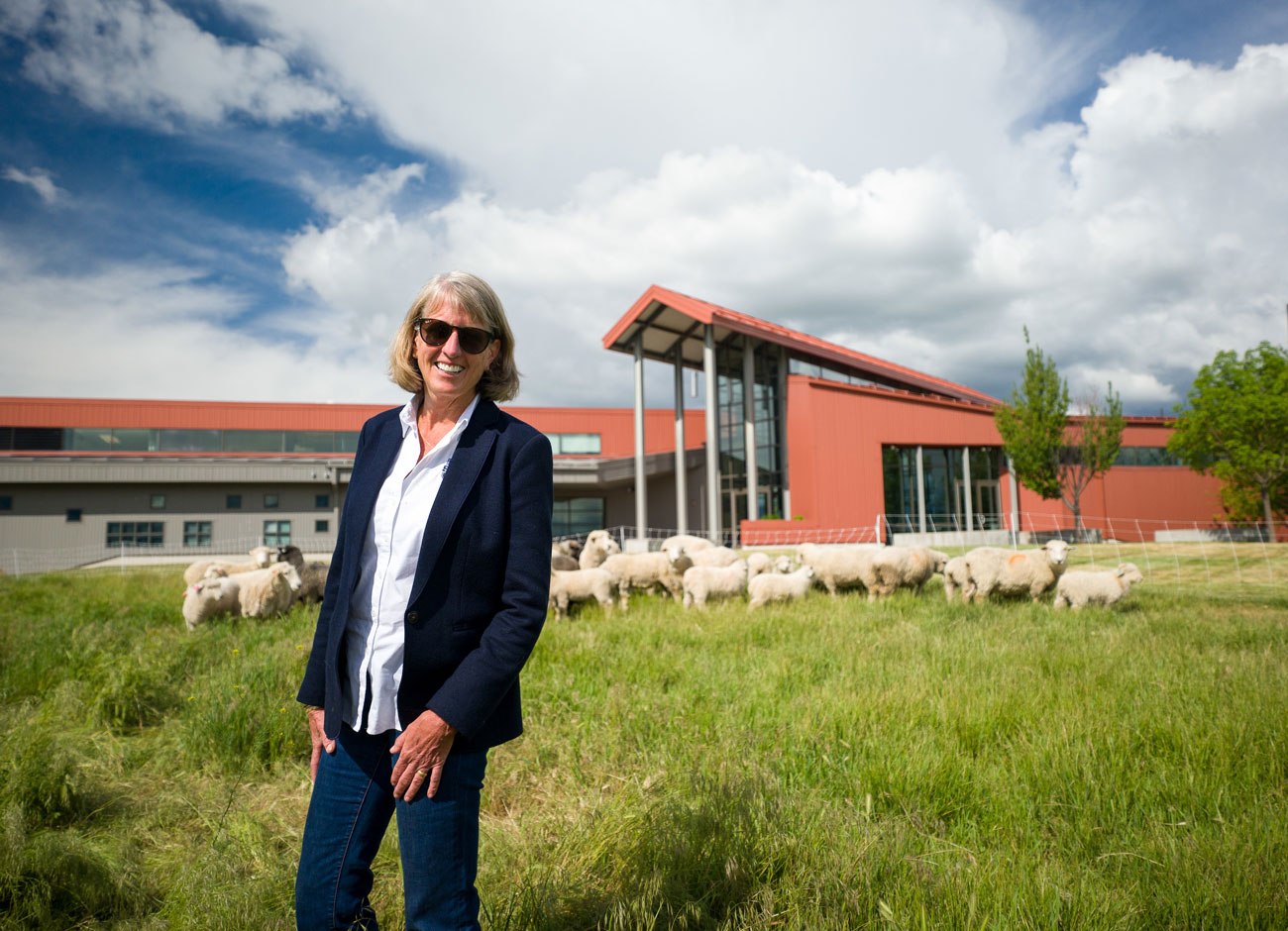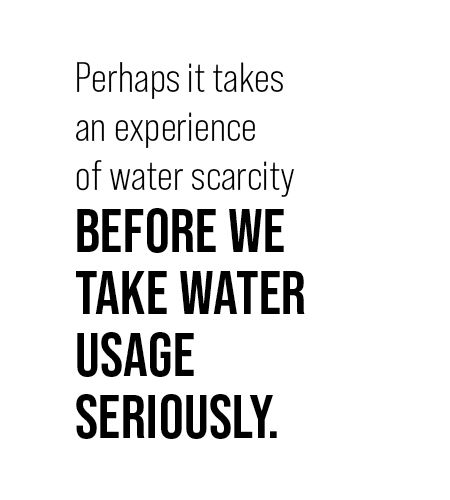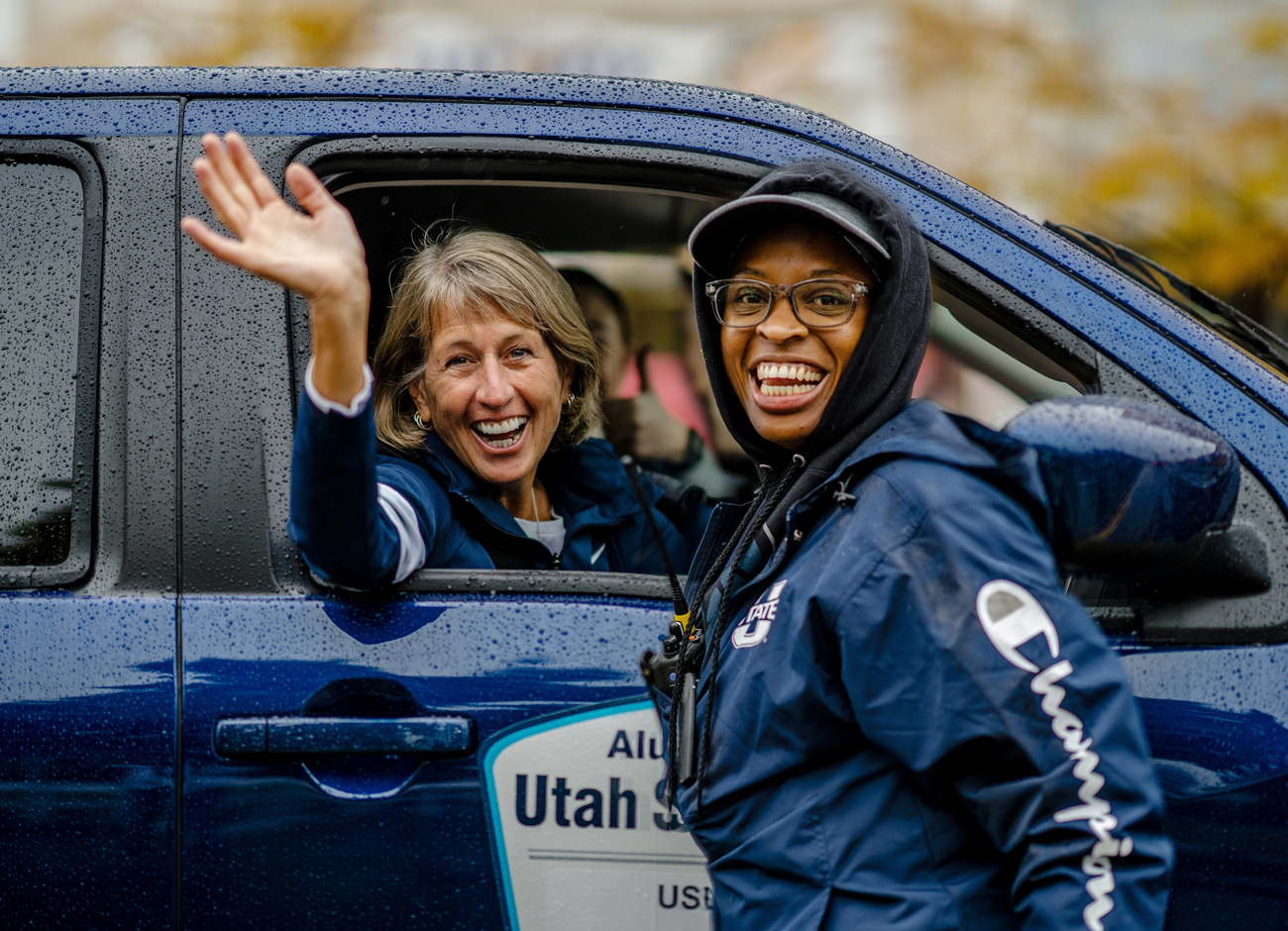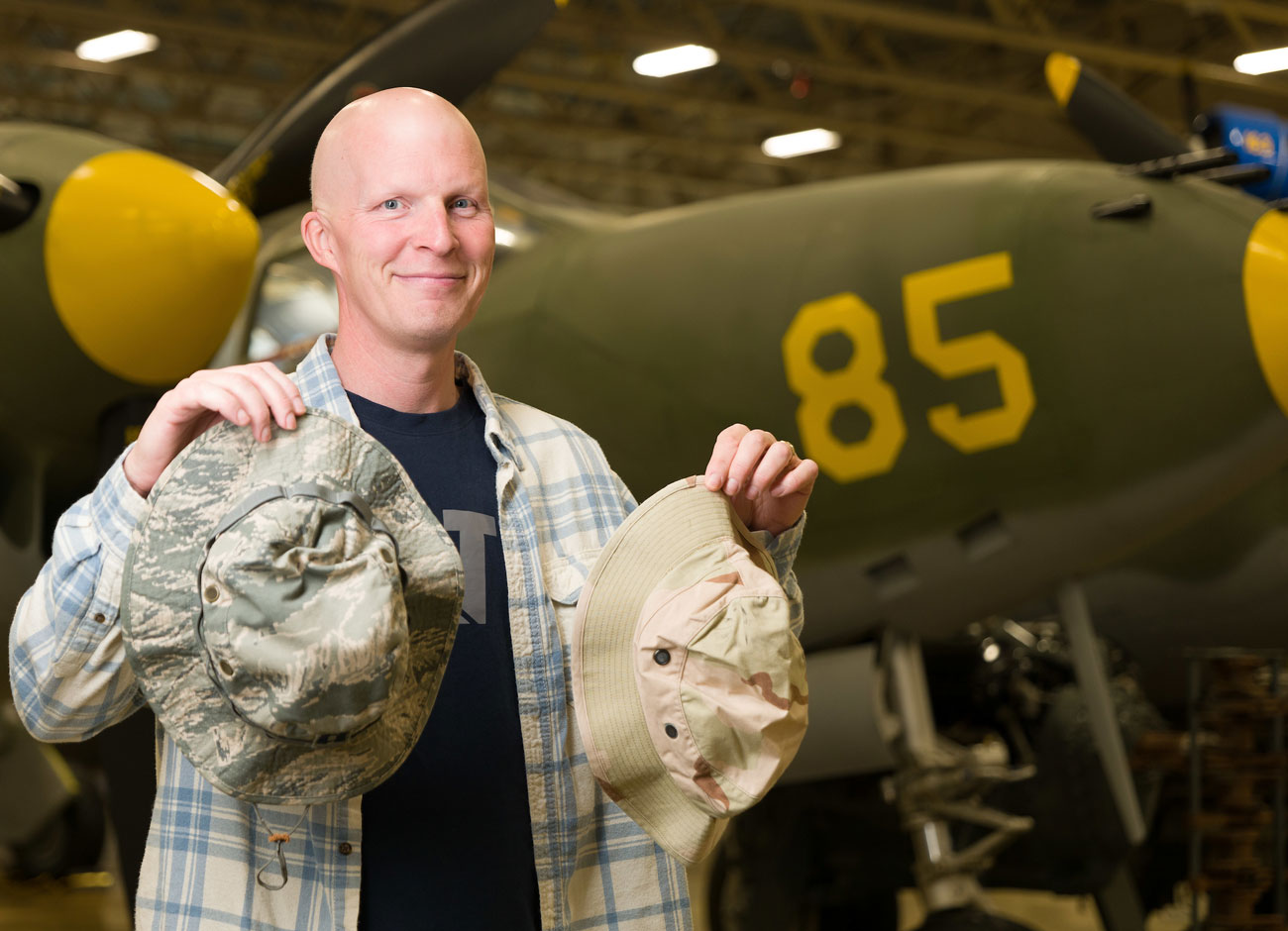A Note from Noelle: The Moment to Lead in Land, Water, and Air

My first awareness of limited water was in 2009.
Our neighborhood’s well was shut off after nitrates were discovered in the water. Although we were reconnected to the local town’s water supply, our neighborhood was informed we couldn’t use culinary water for landscape watering.
As an avid gardener I had already planted my gardens, and that summer I watched helplessly as our fruit trees and lawn roasted and vegetable plots withered. I tried reusing water after the dishwasher and washing machine’s wash cycles and had family members post 5-gallon buckets in the shower to capture the water that would typically have gone down the drain.
Parts of town outside our neighborhood weren’t restricted from watering their landscapes. It was frustrating to drive through town and pass bright green lawns and I would lament being unable to keep vegetables alive. One day, at the end of my rope, I pulled everything in my garden.
Perhaps it takes an experience of water scarcity before we take water usage seriously. I know that experience shaped how I have gardened ever since. For instance, before 2009, I believed that a vegetable plant needed water every day but now my garden is watered every third day. My lawn is no longer a single, continuous lush green. I’ve incorporated more rocks, gravel, and bark into my landscaping.

In the past, it would rain and people would say ‘See, we’re not in drought.’ They don’t say that anymore. People see how much water levels have dropped in Lake Powell and the Great Salt Lake. They may be experiencing the effect of low water levels in the Great Salt Lake on air quality. They know about water quality issues affecting Utah Lake. In Utah, the years ahead are going to become even more challenging in terms of water, fire management, and air quality. As we continue to experience population growth, we need to consider how to preserve the recreational opportunities and quality of life we treasure. The time to address these issues is now.
USU’s new Janet Quinney Lawson Institute for Land, Water and Air (ILWA) can help. The institute was created in 2021 to bridge USU’s research and outreach expertise in natural resources with legislative leaders and agencies. I’m particularly excited about hiring ILWA’s first director, Brian Steed ‘97, M.A. ‘00, who was formerly executive director for natural resources in Governor Spencer Cox’s administration. Brian will serve as the key liaison between the institute, USU, and civic partners.
Brian is an Aggie. He earned both his undergraduate and graduate degrees in political science from USU before getting his Ph.D. in public policy with an emphasis in environmental policy from Indiana University Bloomington and a J.D. from the S.J. Quinney College of Law at the University of Utah, with a certificate in natural resources and environmental law. He has spent his professional career tackling natural resources issues. Prior to his position in Utah’s Department of Natural Resources, he was deputy director for policy and programs for the U.S. Bureau of Land Management. Brian has also taught political science and economics at USU. He understands the valuable role researchers play in generating scientific data and evaluating solutions. And he knows how to communicate such findings in a way that translates to workable policy. I cannot imagine a better person to lead this institute.
After two decades of western drought, I think we need to learn to limit how much water we are using. It isn’t just going to be business as usual or gardening as usual. I’m ready to do my part. I hope you will join me.





